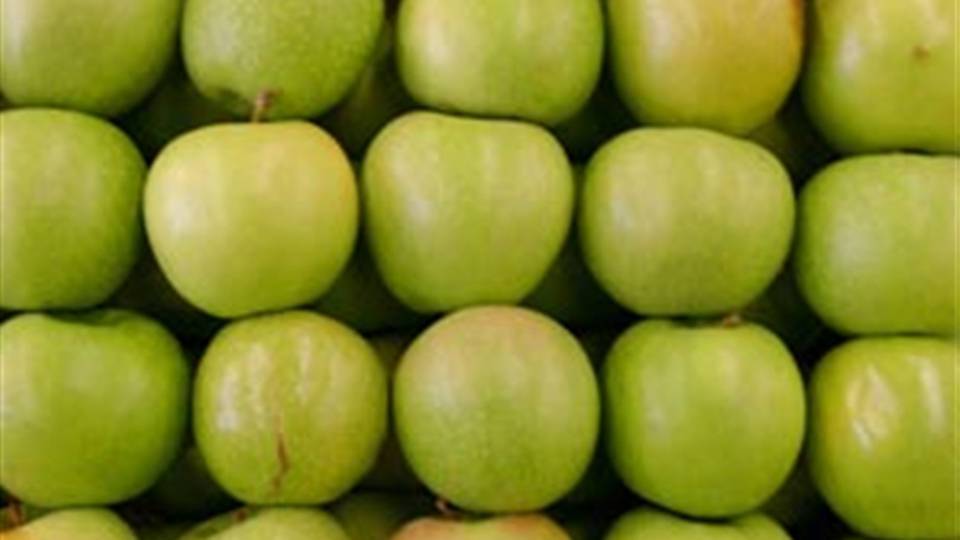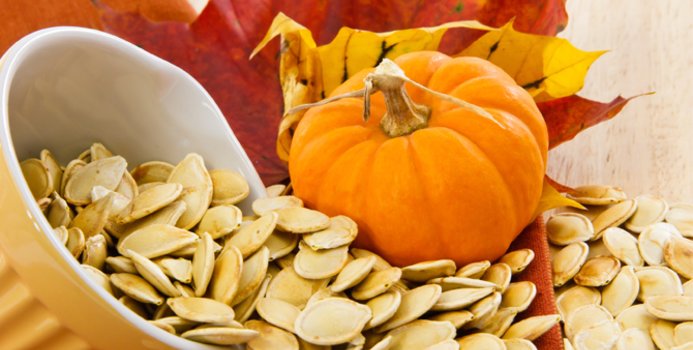
Vitamins are substances that we ingest through food.
Vitamins are essential substances that are obtained through food. Unlike proteins and carbohydrates, vitamins are micronutrients because they are needed in small amounts.
What happens when vitamin C is lacking?
Naval explorations from the 15th to the 18th centuries, and also from earlier times, were fatal for thousands of sailors, due to vitamin deficiency, that is, the lack or deficiency of a vitamin in the body.
According to the nutritionist Arantza Ruiz, the lack of vitamin C can produce oral alterations with weakness and bleeding of the gums and loss of teeth, anemia, bleeding and delayed wound healing, dermatological and hair alterations, decreased rhythm of growth, increased infections, fractures, etc.
For a long time, sailors who made long ocean voyages faced the uncertainty of not returning due to a lack of vitamin C, because after suffering from scurvy they had cracked skin with ulcerations, bleeding gums, loose teeth, and body gave off a foul odor.
James Lind was an 18th century Scottish surgeon who is credited with having done the first controlled clinical trial, in which he proved that sailors could recover by including lemons and oranges in their diet.
The two fruits are currently defined as having equivalent amounts of vitamin C: 100 grams of each of these fruits contain about 50 milligrams. Unlike mandarin, which contains about half the vitamin C per 100 g: just 27 milligrams.
Other fruits, such as pineapple, provide approximately 50 milligrams of vitamin C in 100 grams.
The nutritional recommendation is to ingest the recommended daily amount of vitamin C for adults (75-90 mg), we should eat either: three medium tangerines, or a large orange, or two slices of pineapple.









